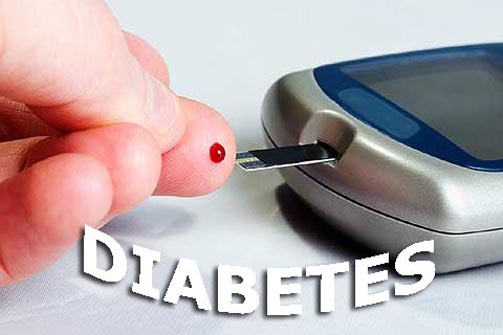
Blood glucose levels are very important to a diabetic and their physician. This is a way of determining how much insulin or medication one should take, how their diet needs to be adjusted and how their body is reacting to the changes. As a diabetic, you will monitor your blood glucose levels on a regular basis so that you are able to maintain a healthy life.
A majority of the time, it is said that normal blood glucose levels are between 80 and 120, depending upon where you look. Other guides state between 70 and 110 or 90 and 130. Listen to your physician as they will tell you what your specific target range is. With children, usually physicians will give a leeway for a specific target range and then work towards the above listed blood glucose levels.
Your diet helps you to maintain your blood glucose levels. If you eat excessive amounts, your blood glucose levels will rise. If you don't eat enough, your blood glucose levels will fall. They will also fall because of exercise or activity and even because of heat in the summer time. You will want to keep accurate records of your blood glucose levels so that you will learn how your body reacts to different foods, exercise, environments and learn to adjust accordingly. Blood sugar levels will rise usually when you are sick; have an infection. Now you can see why it is so important to monitor your blood glucose levels on a regular basis.
Hyperglycemia
When blood sugar levels are high, it is considered hyperglycemia. Hyperglycemia is a serious condition that if not taken care of can lead to a Diabetic coma, diabetic retinopathy, ketones in the urine and so on. These are just some of the very serious conditions that can result from hyperglycemia.
To get your blood sugar levels to drop, usually insulin is required. It also helps to drink plenty of water which will also flush out ketones if present. You do not want to drop your blood sugar levels too fast; a slow, steady fall is preferred. Taking small insulin dosages every few hours until the levels have returned to normal, is preferred.
Hypoglycemia
When blood sugar levels are low, it is considered hypoglycemia. This is also extremely dangerous. One can pass out from hypoglycemia and if not corrected promptly, they could pass away. There are many different signs of hypoglycemia and as you begin to learn how your own body reacts, you will see that maybe how you are affected is not the same as another diabetic. This is why regular monitoring of blood sugar levels is extremely important.
As a diabetic, it would be extremely advisable to carry around some sort of "low blood sugar kit". This could be a tube of gel glucose which can be purchased at the pharmacy or glucagon pen (has to prescribed), a candy bar or so on. Teach loved ones how to administer and/or use and where it is located, just in case you do pass out and cannot administer the sugar yourself.
Go to Diabetic Diet Zone to get your free ebook on Diabetic Diets at Diabetic Diet. Diabetic Diet Zone also has information on Diabetes Blood Glucose Levels along with a lot of other free information. Come by our new Diabetic Diet Community site today for free ebooks and other free information that can help you today.
Article Source: http://EzineArticles.com/?expert=Angie_McAdams
Healty Articles
Sharing Health Information
Sharing Health Information
Search
Categories
About Vitamin
Acne
Anti Aging
Asthma
Autism
back pain
Cancer
Dental
Depression
Diabetes
Diet
Drug Abuse
Eye Health
Free ebooks health
Hair Loss
Hair Treatment
Health and Fitness
Healthy Food
Heart Disease
HIV/AIDS
Hypertension
Nutrition
Obesity
Self Hypnosis
Skin Care
Sleep Snoring
Vegetarian
Vitamin A
Vitamin A - K
Vitamin B
Vitamin C
Vitamin D
Vitamin E
Vitamin for skin
Vitamin K
weight loss
Recent Post
Followers
Copyright 2009 | Dicky Haerudin and Asep Yudi Yurdani | Healty Articles
MobiPress Template designed by the Jinsona Design and XML coded by CahayaBiru.com


0 comments